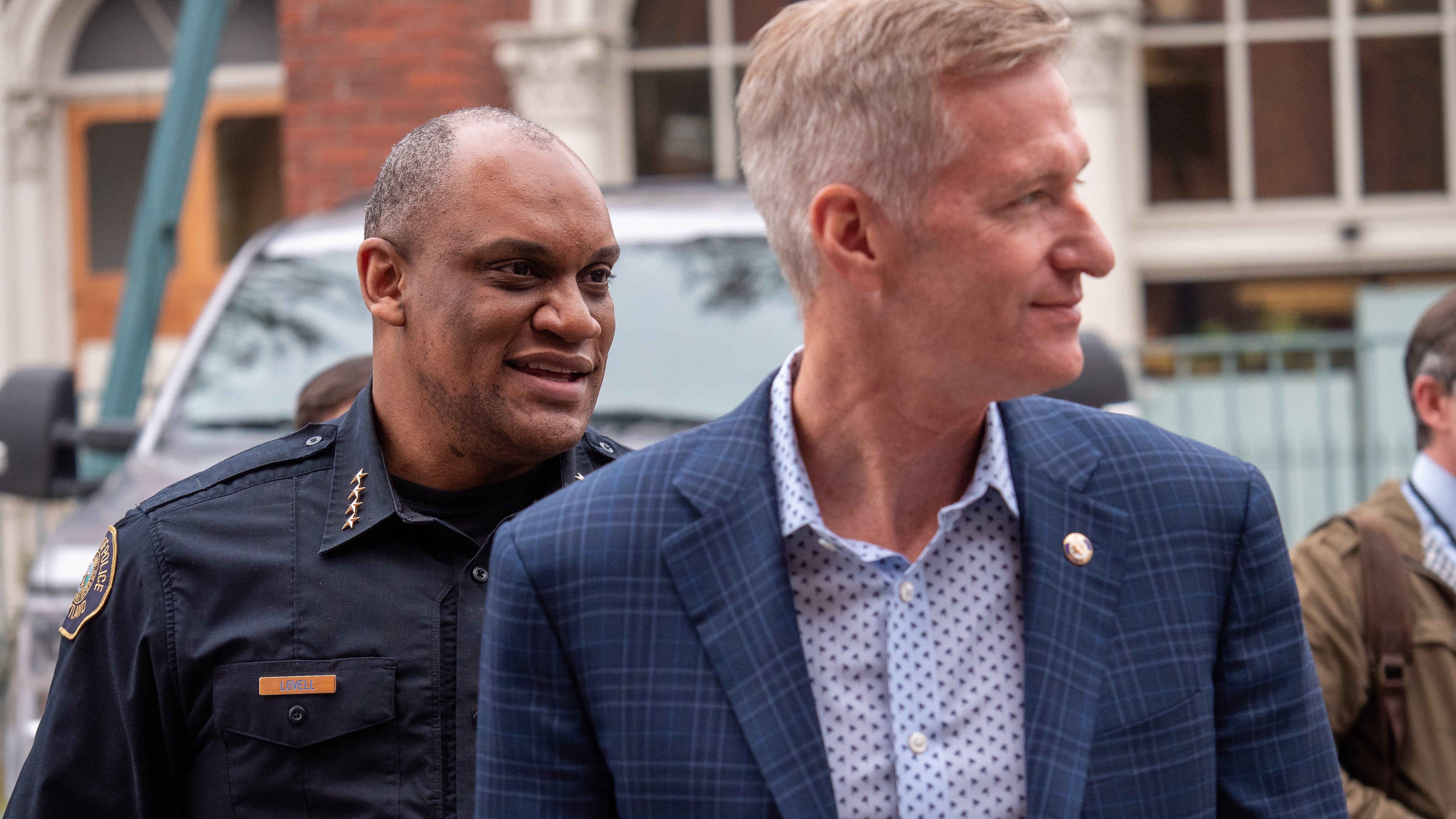Portland public interest lawyer Alan Kessler filed a lawsuit against Mayor Ted Wheeler and the city of Portland on Dec. 5, seeking to hold both accountable for their failure to turn over thousands of electronic messages.
Kessler filed his lawsuit seeking injunctive and declaratory relief in Multnomah County Circuit Court. In it, he asks the court to find fault with the city’s response to public records requests and to compel Wheeler and the city to comply with Oregon’s Public Records Law as it relates to certain electronic messages.
As Oregon Public Broadcasting first reported, Wheeler and other officials in his office frequently communicated via the iMessage application on their city iPhones. The problem: The software the city purchased to archive officials’ electronic messages did not capture iMessages. OPB reported that thousands of messages involving Wheeler and aides, including Sam Adams and Robert King (since retired), from 2017 to 2021 appear to have gone missing.
Under Oregon’s Public Records Law, the written communication of public employees—including letters, emails, and text messages—is a matter of public record and, with some exceptions, must be provided to those who request it. In July 2020, Kessler’s brother, Michael Kessler, who lives in Canada but has taken an interest in Portland politics, requested three days’ worth of Wheeler’s texts.
At the time, Portland Police Bureau tactics were a matter of great public interest as police faced off against angry crowds nearly every night.
The city produced some of the requested text messages but, according to Kessler’s lawsuit, made no mention that there were other messages in the iMessage system.
Michael Kessler made subsequent requests with the same result, the lawsuit says: The city produced text messages but did not disclose the existence of iMessages that should have also been disclosed. (On iPhones, iMessages show up with blue backgrounds; conventional text messages show up with green backgrounds.)
In its investigation, OPB found that the city knew about this loophole: As early as 2017, it ordered city employees, including Wheeler, to disable iMessage on their phones and to sign an acknowledgement they had done so. Yet, Kessler’s lawsuit alleges, city officials failed to ensure compliance or to search noncompliant employees’ phones for iMessages in response to requests for public information. (OPB reported that the city had purchased software that would block police from using iMessage but had not purchased the same software for other city employees.)
City officials and Wheeler “have failed to adequately search for records responsive to the requests and have knowingly and/or negligently allowed public records responsive to plaintiff’s requests to be destroyed,” the lawsuit alleges.
The upshot: During the summer of 2020, when protests following George Floyd’s murder filled city streets, the essence of Wheeler’s communication with key lieutenants, which is a matter of public record, was in effect withheld from the public. There is an obvious parallel to the situation in Seattle, where thousands of text messages between then-Mayor Jenny Durkan and senior public safety officials about protests in that city were allegedly deleted.
Alan Kessler has previously sued the city of Portland successfully in other public records cases involving Portland Police Bureau tactics and policies.
In an interview, Kessler says many or all of the missing iMessages may still exist and be retrievable. He bases that assertion on the premise that employees often have multiple Apple devices, each of which could contain the iMessages; that many communications involve multiple employees, including those whose phones the city may not replace as often as Wheeler’s; and that iMessages may be captured in cloud storage or other archives.
“There are a lot of places to look,” Kessler says.
In the new case, he is asking the court to declare that Wheeler and the city violated the Public Records Law by improperly withholding records; that the city be required to produce all relevant records; and that the court order the city to preserve all iMessages in future.
City Attorney Robert Taylor declined to comment on the lawsuit.
